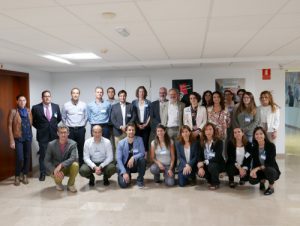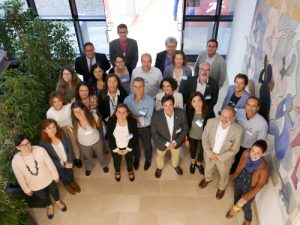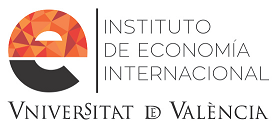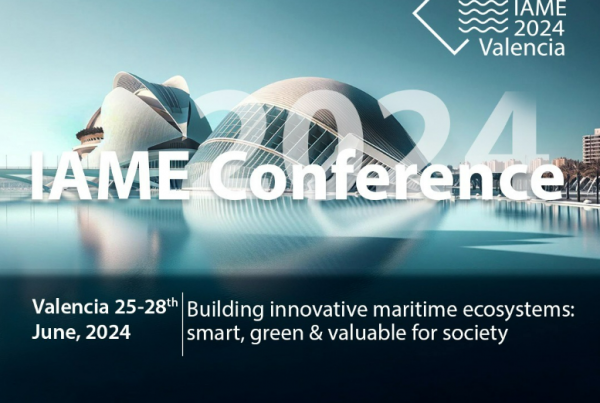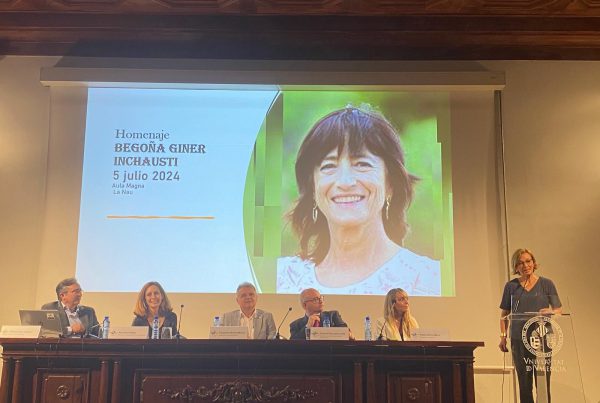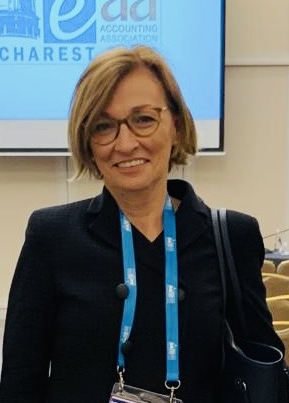- Durante el desarrollo de esta iniciativa se creará una Red de Economía Circular en Puertos.
- Gracias a LOOP-Ports se creará una herramienta web sobre economía circular que muestre los resultados del proyecto y que facilite el intercambio de información entre los miembros de la red.
El día 18 de Octubre se celebró en Valencia la primera reunión técnica interna del proyecto europeo “LOOP-Ports – Circular Economy Network of Ports” coordinado por la Fundación Valenciaport y financiado por el European Institute of Innovation and Technology (EIT) a través de EIT Climate-KIC.
LOOP-Ports tiene como objetivo principal facilitar la transición hacia una economía más circular en el sector portuario, donde los productos, materiales y recursos no sean considerados como residuos sino que puedan tornarse en modelos de negocio sostenibles y replicables en puertos de similares características.
El proyecto, a través de la creación de una Red de Economía Circular en Puertos, proporcionará un ecosistema de innovación para estimular la puesta en marcha de este tipo de iniciativas en los puertos europeos. La red se centrará principalmente en los siguientes materiales: metales, plásticos, cementos y biomateriales. Esta red de puertos facilitará el intercambio de experiencias y buenas prácticas, formulará recomendaciones a nivel normativo e impulsará la formación así como nuevas oportunidades de negocio tanto en los clústeres portuarios como en otras industrias relacionadas con su entorno.
En concreto, los principales resultados esperados del proyecto son:
- Clasificación de puertos a nivel europeo mostrando su idoneidad para la puesta en marcha de iniciativas de economía circular así como estudios particulares de casos relevantes.
- Análisis de los principales drivers (legales, políticos, regulatorios, mercados, financieros, etc.) que pueden facilitar la transición hacia una economía circular de las actividades vinculadas al sector portuario.
- Materiales formativos y proyectos piloto de formación que contribuyan al desarrollo de competencias, conocimientos y capacidades de innovación, tanto dentro como entre los clústeres portuarios.
- Talleres y mesas redondas sobre economía circular con los diferentes actores de las comunidades portuarias recogiendo sus intereses y expectativas.
- Desarrollo de modelos de negocio – casos reales seleccionados durante el proyecto, buscando la replicabilidad de los mismos en otros puertos con similares características.
- Identificación de oportunidades de financiación para promover la economía circular en el sector portuario.
- Herramienta web sobre economía circular que muestre los resultados del proyecto, facilitando el intercambio de información tanto entre los miembros de la red, partes interesadas así como público en general.
